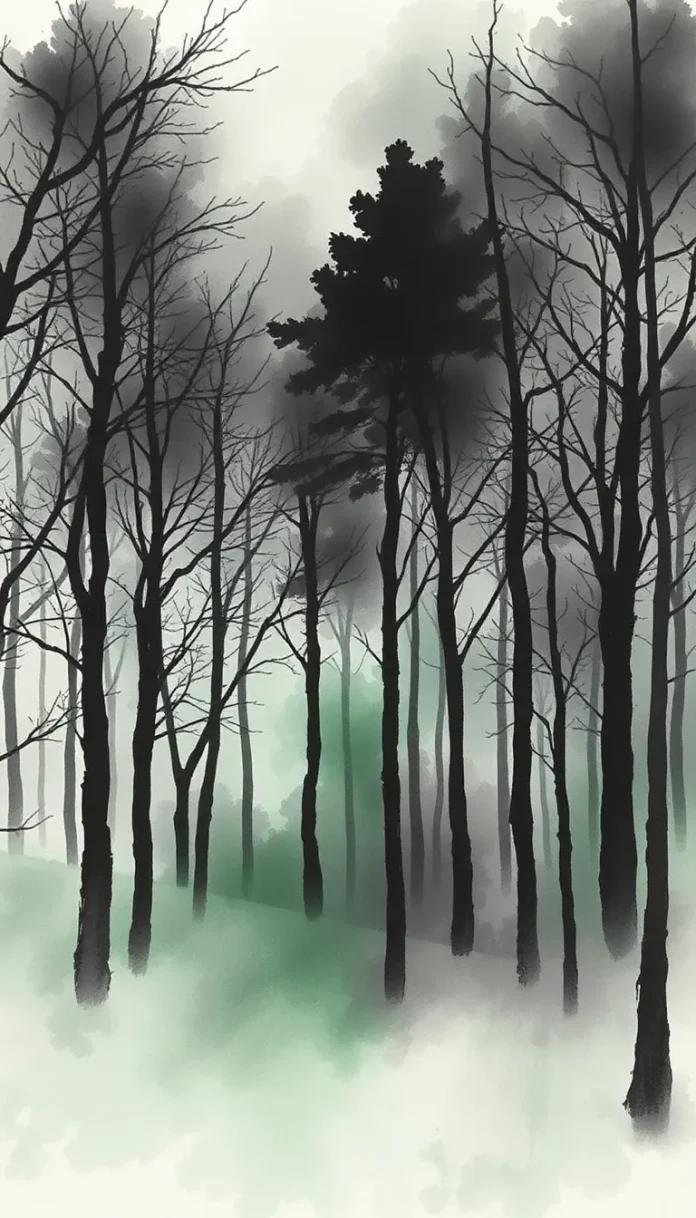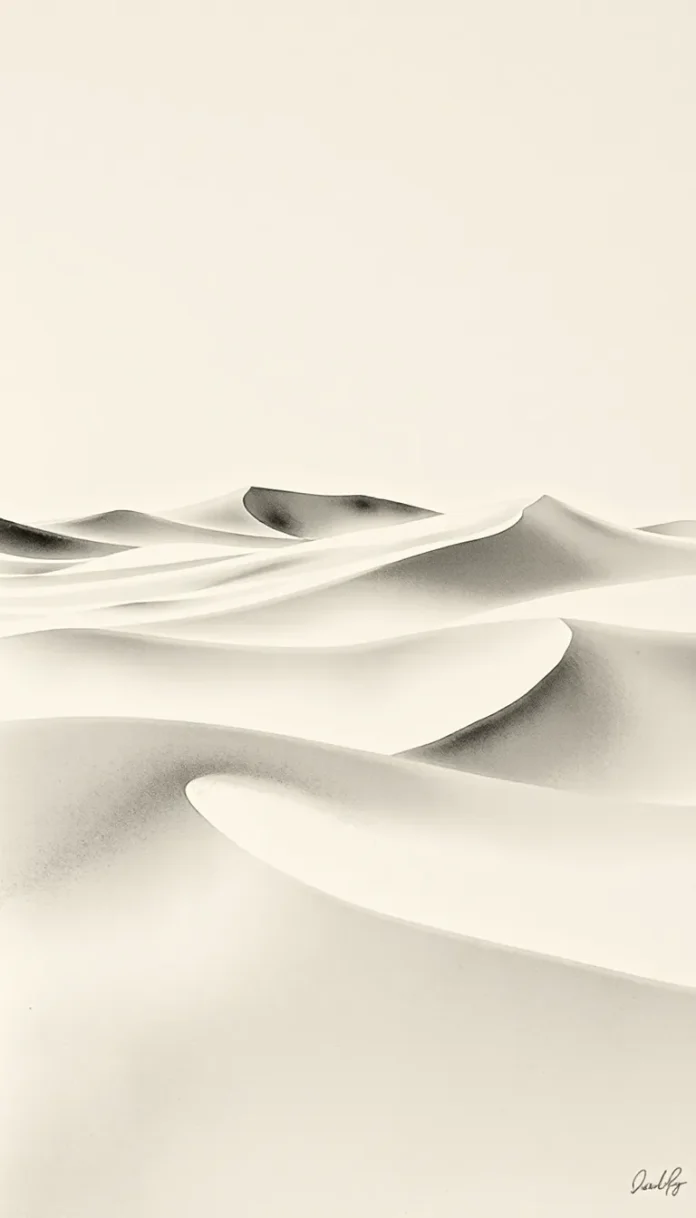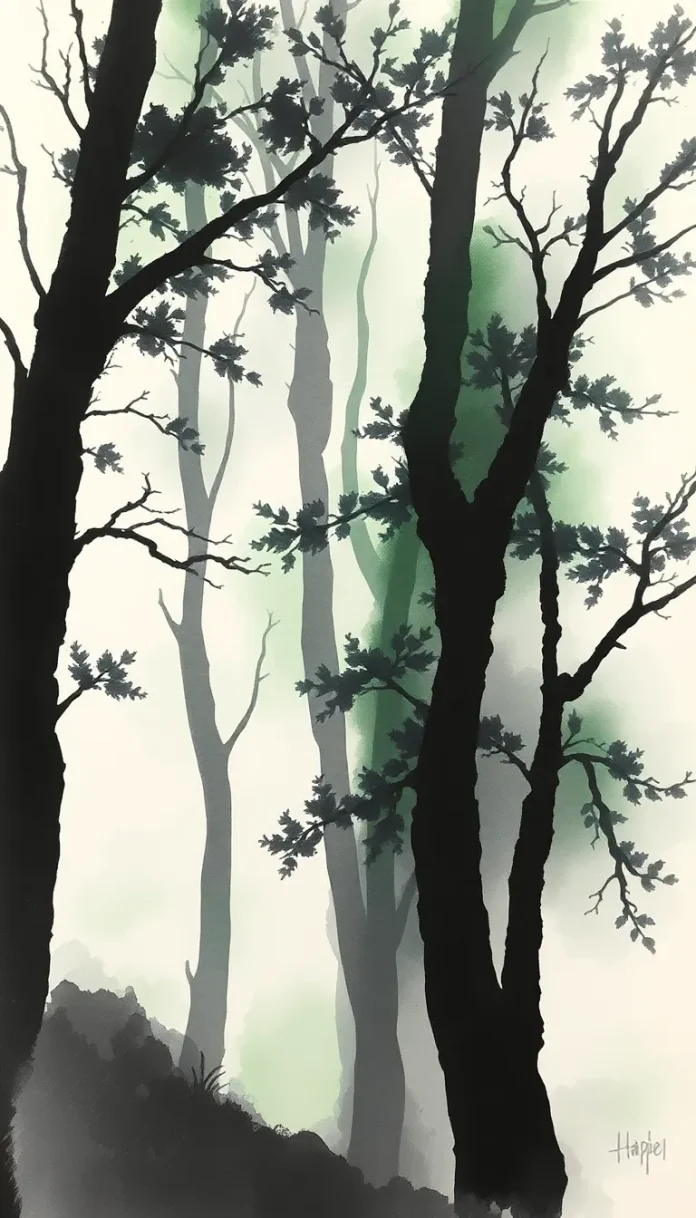Twilight’s Lament: The Quest for the Ultimate Note
Upon the cold, timeworn stage, where once the air had thrummed with rapt audience gasps and symphonic wonder, our errant musician paused. His eyes, deep wells of ceaseless yearning, swept over the scattered remnants of bygone opulence—gilded railings, broken seats, and shattered glass that caught the last rays of the sun like fragments of lost dreams. With a solitary sigh, he began his pilgrimage through hues of twilight, seeking a note so pure and elusive that its resonance would redeem the mortal coil.
“Perchance,” he murmured in a voice both fragile and resolute, “you are there, dear Note, hidden in the folds of silence, waiting to unveil the secret of my soul.” His words fluttered gently through the stillness, as delicate as the wings of a moth that has strayed too close to a flame. And so, his quest was born—not merely for a fragment of sound, but for redemption in its sublime, ephemeral form.
He traversed the labyrinth of deserted corridors, where the interplay of light and shadow danced upon ancient walls like ghostly minstrels. Every step was a measure in an unspoken sonata, every footfall a hesitant chord echoing in the vast emptiness. The musician recalled the fervor of his youth, when vibrant symphonies stirred him from despair, and each note cast radiant hope across his being. Yet now, in this silent relic of former grandeur, all that remained was an aching void, an ever-deepening chasm of human frailty.
An old, dust-cloaked piano sat forlorn in a forgotten corner of the hall. Its ivory keys, yellowed with the weight of time, beckoned him with the promise of bygone arias. He approached the instrument as one might approach an ancient oracle. “Speak to me,” he pleaded in a hushed soliloquy, “Reveal the chord that shall lead me to my destiny.” For a long moment, only the silence replied—a silence that vibrated with the melancholy of lost empires and broken hearts.
As his trembling fingers danced tentative arpeggios, the room seemed to come alive with spectral resonance. Each note, elicited from the ancient keys, wove a tapestry of nostalgia over the solitude. Music filled the void, a luminous and transient beacon of hope amidst the encroaching gloom. Voices from the past appeared in his memory—a chorus of mentors, friends, and estranged brethren whose smiles now drifted like autumn leaves in the winds of fate. Yet their strains could not answer the unspoken longing for the ultimate note, the sound that might perfect the symphony of existence.
In the midst of this reverie, the hall itself appeared to murmur its secret allegories. The creaking of wooden beams, the sighing air from broken windows—all seemed to conspire in a silent dialogue with the musician, urging him toward the hidden essence of his art. “Look inward,” whispered the ancient stones, “for the final note is not above, but within, waiting to be awakened by the pure cry of your heart.”
He recalled long nights spent in solitude, composing fugues in the secrecy of his candlelit chamber, his mind a swirling tempest of hopes and despair. His internal monologue, honed by both ecstasy and agony, now echoed through the deserted gallery. “Is the essence of life like a singular, transcendent note—a final chord that encapsulates all the bitter and bittersweet experiences of this mortal journey?” he mused, his thought mingling with the receding notes of the piano. “Can hope be distilled to such an exquisite, solitary sound, capable of transforming despair into beauty?”
Within this chamber of reflective solitude, the musician encountered a spectral figure—a mirror of his own soul, personified in the soft glow of twilight. A subtle, translucent presence, reminiscent of his long-lost muse, drifted before him. “O pilgrim of melody,” the apparition intoned in a voice as mellifluous and ephemeral as a sigh, “your quest for an ultimate cadence is in truth a journey to embrace your own impermanence. For the beauty of life is interwoven with sorrow, each note a fleeting glimpse of eternity.”
Their dialogue, as delicate as it was profound, transcended mortal speech. The figure’s eyes, like twin pools of starlit water, gazed deep into his troubled soul. She recounted, in soft verse, the paradox of hope: “In the embrace of despair, one finds the birthplace of creativity. The human heart knows both the scars of loss and the radiant glimmers of dreams undying. In each faded reverberation, there lies the promise of beauty, however transient it may be.”
Yet even as these words filled the void, the musician felt the inexorable pull of fate leading him further still. He retraced his steps to the stage, revisiting every corner of the hall, as if each hidden nook might conceal the key to this ultimate note. The interplay of light and shadow seemed to mark his progression, while the lingering echoes of his own playing intertwined with the silence like forgotten memories. With each step, the hall regaled him with the allegory of time—a shifting symphony where each moment was both a beginning and an ending.
Under a cracked dome, where the waning light of dusk played upon ancient frescoes of mythic heroes, the musician beheld a vision. Here, amid the dust and faint brilliance of twilight, an emulsion of sound trembled in the air—a delicate, almost intangible murmur that stirred his innermost being. His heart quickened, beating like a fragile drum in the stillness of despair, as he approached the source of that elusive resonance. “At last,” he whispered, his voice brimming with both hope and trepidation, “I sense your presence, the note that has haunted my every dream, the sound that has eluded my art.”
But the echoes here were fickle and elusive—a mere ripple in the vast ocean of silence. As he reached out, the note dissipated like the fading of a memory, leaving behind a lingering void. In that moment, time itself appeared to falter; the twilight deepened, and the chamber seemed to breathe a collective sigh of forlorn resignation. His eyes, redolent with both wonder and heartbreak, beheld the stage—the grand repository of all his past endeavors—now transformed into a mausoleum of unfulfilled aspirations.
Unable to contain the torrent of emotion, the musician collapsed upon the marble steps. In the dim glow of dusk, his soul unwound the countless memories embedded within his life—a tapestry of love, loss, and an insatiable quest for a transcendent harmony. “I have searched far and wide,” he lamented to the silent pillars, each a mute guardian of forgotten concerts and vanished audiences, “and yet the wretched truth remains: the ultimate note, that perfect sound which could reconcile the dissonance of existence, slips perpetually from my grasp.”
In a soliloquy that mingled the dulcet strains of hope with the dirge of existential sorrow, he recalled nights spent beneath starlight with his mentor, who once had said, “The essence of our being may be as fleeting as a whispered lullaby, but within that ephemerality lies the splendor of our mortal condition.” Now, in the vast emptiness of this hallowed hall, every note he had ever played reverberated with the memory of that ancient wisdom, yet none carried the salvation he sought.
The antique chandeliers overhead, suspended like fragile constellations, swayed gently in an unseen breeze. Their muted glow cast long shadows upon his weary visage, as if time itself conspired to accentuate the poignancy of his solitude. He remembered the days of his ardent youth, where every musical encounter was suffused with exhilarating promise and the world shimmered with possibility. But those memories now seemed as spectral as the faint chords that danced upon the edges of his hearing. “What is hope, if not the endless pursuit of something that may remain forever out of reach?” he whispered, his voice brittle like aged parchment.
In the soft interplay of twilight and dust, the ill-fated musician endeavored one more time to summon the sound that had eluded him. With trembling hands, he drew his bow across the strings of a long-forgotten violin, its wooden frame scarred by time yet resonant with the soul of countless elegies. Each stroke was a fervent entreaty to a universe that had long since forsaken the essence of artistic redemption. The violin sang, and for an ephemeral heartbeat, it sounded as though the universe itself sighed in lament. Yet the sound was incomplete—a fractal symphony missing one indelible note that could fuse all the fragments of his existence into a perfect, transcendent whole.
As his performance reached a fevered crescendo, the echoes of his past intermingled with the present in a poignant, heart-wrenching harmony. The vast emptiness of the concert hall became a canvas upon which every memory—the joy of consummate creation, the agony of a soul adrift, the eternal interplay of hope and despair—was painted in delicate, haunting strokes. His inner voice roared: “I am but a mortal bound to the mortal coil of time, and though I strive in vain to capture that ephemeral crescendo, I must accept that some dreams are doomed to remain but a mirage in the twilight.”
The final bars of his impassioned duet faded into a silence so profound that it seemed to encompass the very essence of existence. The note he had so sought—a luminous beacon to dispel the ever-present gloom of the human condition—remained elusive, as if it were a myth spun from the threads of forgotten passion and insurmountable sorrow. In the echoing stillness, the musician’s eyes brimmed with tears that glittered like dew upon withered roses. “Is this my fate?” he cried softly to the indifferent silence, “to wander forever in pursuit of perfection, only to be enshrouded in the melancholy of an unfulfilled promise?”
A lone tear traced the contours of his weathered cheek as he realized that the ultimate note was not a destination but a perpetual journey—an ideal that could never be grasped, no matter how fervently he sought to enkindle it. The burden of this eternal quest became the crucible of his very being, encapsulating the bittersweet intermingling of hope and despair that defines the human spirit. In that final, desolate moment, the concert hall—once a treasury of divine harmonies—echoed only with the sorrowful strains of his solitude.
The twilight deepened into an abyss of regret. In the silent wake of his final performance, the musician understood that his quest was both his destiny and his undoing. He had traversed the gilded corridors of memory, danced with fleeting specters of hope, and found solace in the ephemeral murmurings of a bygone era. Yet, as the last glint of light faded from the vaulted ceiling, the ultimate note—the culmination of his lifelong longing—remained forever unattained, a spectral wisp beyond the reach of mortal hands.
In the ensuing quietude, the musician’s thoughts turned inward, grappling with the cruel paradox that while hope may illuminate the path of mortal endeavor, it is in the relentless pursuit of that intangible perfection that one inevitably encounters the bitter truth of human frailty. His heart, fraught with the weight of innumerable lost harmonies, whispered in the language of despair: “Perhaps, in our striving, we find the very essence of existence, and yet, in our relentless quest, we are destined only to bask in the sorrow of our limits.”
At the precipice of night, as the concert hall surrendered to the dominion of shadow, the musician remained but a solitary figure, ensnared in the tragic beauty of his own making. His existence, once vibrant with the promise of symphonic triumphs, now echoed with the desolation of unfulfilled desire. The deserted structure, a monument to the ephemeral grandeur of mortal dreams, bore silent witness to his downfall. With a heart both heavy and resolute, he resigned himself to the immutable reality that the definitive note, that sacred culmination of hope and despair, was a specter that would forever haunt the corridors of his soul.
So ended the lament of the twilight, a dirge of exquisite sorrow that underscored the inherent paradox of human existence: the ever-present, indefinable chasm between aspiration and achievement. Though his life had been a concert of passionate endeavors, the ultimate note—a symbol of redemption and sublime beauty—remained eternally elusive, a phantom evanescent in the relentless march of time. In the silent aftermath, as the darkened hall cradled the remnants of his dreams, only the cold embrace of melancholy offered its final, quiet benediction.
Thus, as the last vestiges of daylight surrendered to the infinite shroud of night, the musician’s quest became a solitary elegy—a lone, mournful refrain whispered to the indifferent winds. With his spirit broken and his vision dimmed by the inexorable hand of fate, he faded into the annals of memory, his journey an undying testament to the eternal struggle between hope and despair. And in that tragic silence, the Salle de concert vide au crépuscule bore witness to the final, heartrending truth: that in the relentless quest for perfection, the human soul may find itself enshrouded in sorrow—a sorrow as profound and endless as the twilight that bears its name.


